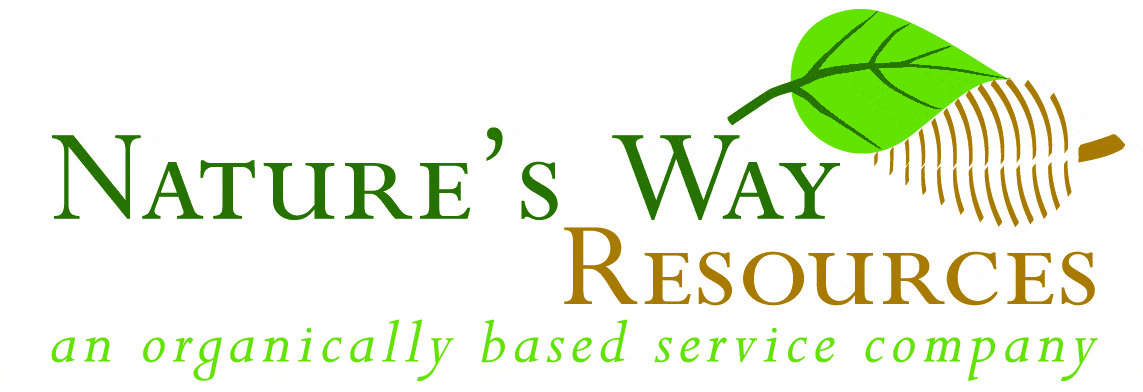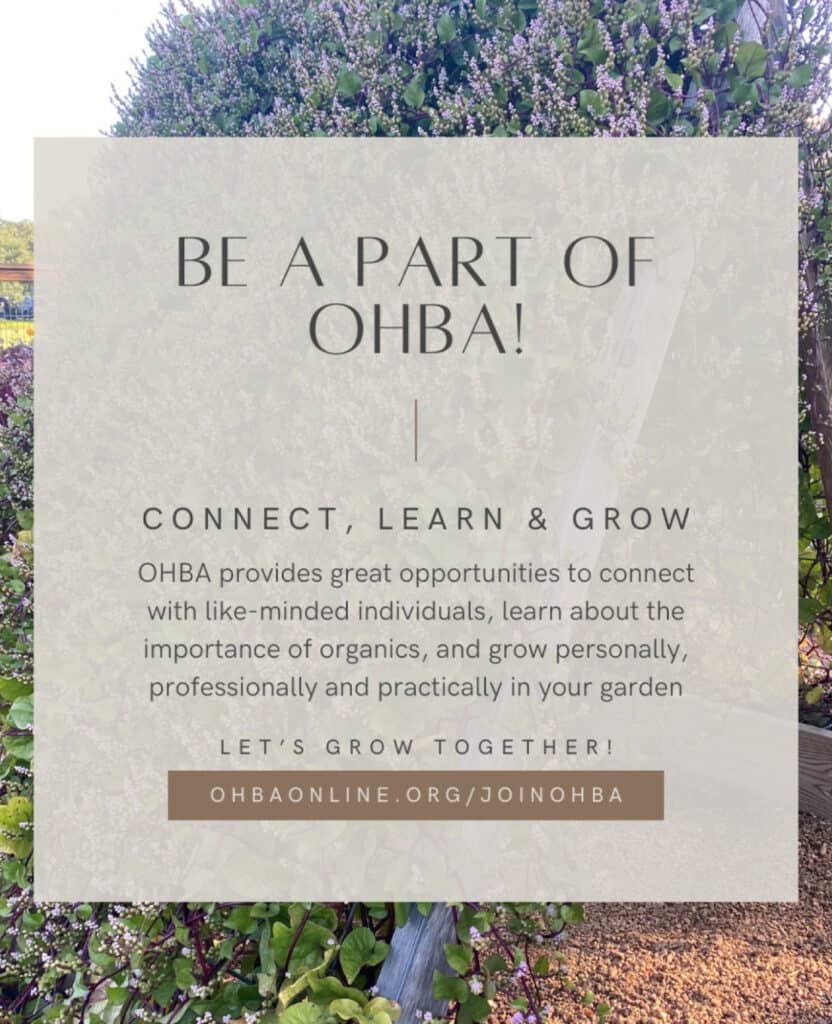John's Corner:
Soil & Plants (Part 148)
News from the Wonderful World of Soil & plants 148
By: John Ferguson
I enjoy a good cup of coffee every morning and prefer organic shade grown coffee for many reasons, from more flavonoids to higher levels of phytochemicals that support our health.
Originally, coffee was an understory tree found in Ethiopia. However, most coffee has been hybridized to grow in the sun to produce higher yields, and most of the health benefits are lost as well as the flavor. The complication is that coffee (Arabica) when grown in the sun is subject to a parasitic fungal pathogen we know as coffee leaf rust. This requires that more toxic chemicals be sprayed on the coffee plants which ends up in the coffee.
Researchers from Stockholm University wondered why shade grown coffee had fewer rust issues. They discovered that there is a hyper-parasitic fungus that grows on top of the rust in humid environments (like those found under shade trees) which is associated with less rust issues. Journal of Agriculture, Ecosystems & Environment (2021).
Shade grown coffee besides being better for our health, also sequesters carbon that helps fight climate change. As the bible states: “Study nature and let it teach us!”
On many occasions we have talked about the importance of minerals for both plants and our health. Several dozen studies have shown that nutrition (vitamins and minerals) is the best way to protect us against the Covid and other viruses.
I am reading a new book called “The Mineral Fix” by James DiNicolantonio, PhD on the importance of minerals, elements technically. In the book he states that 1 in 3 Americans is deficient in at least 10 minerals (elements)! These include potassium (K), manganese (Mn), magnesium (Mg), and zinc (Zn) which are all required for our immune system to protect us from disease.
The 10 elements that people are deficient in are Boron (>75%), Manganese (~75%), Magnesium (50-70%), Chromium (56%), Calcium (44-73%), Zinc (42%), Iron (35-35%, Copper (25-31%), Selenium (15-40%), and Molybdenum (15%). These are all essential for good health.
There are several reasons why this has happened: 1) they are not in our soil any more 2) many hybridized and GMO plants have lost the ability to absorb these elements from the soil assuming they are there in the first place, 3) glyphosate the active ingredient in the herbicide Round Up that contaminates most food available today prevents the absorption of these elements by our bodies.
The reason to grow one’s own vegetables, fruits and herbs, in fertile organic soil that has been re-mineralized, becomes more important each day.
Note: The RDA (recommended Daily Allowance) by the FDA is the minimum one needs to prevent severe deficiency. However, optimum health often reguire level 1,000 times higher than the RDA. Dr. Mercola newsletter.
Another study published in the journal Nature Communications (2020) was on the human microbiome in our digestive system. They found that a human’s living environment, can significantly change and improve out gut’s microbiota. For example, students living on farms for only 3 months had a significantly increase in microbes that promotes health. These same microbes were found in soil samples from the farm environment.
The effects of the environment out weighed the genetic factors in shaping the microbiota. This is another reason to be an organic gardener and get our hands in the soil, compost and mulch. If we incorporate habitat gardening for birds and wildlife, I suspect the benefits are even greater.
Many folks I have spoken with over the years have stated that talking to one’s plants help them grow better. I remember reading a study many years ago that found that playing classical music helped plants grow better and healthier while hard rock music retarded growth and the plants had more problems like insects and disease.
Research from the International Laboratory of Plant Science at the University of Florence supports that plants have a form of intelligence and are conscious. Studies have shown that plants can communicate with each other, they can learn, they exhibit decision making ability, they can remember. They have identified that plants may have up to 20 types of senses and it could be higher (humans only have 5).
For example, they believe the scent of freshly cut grass is actually a distress signal and warning of danger, that the grass communicates to other plants.

